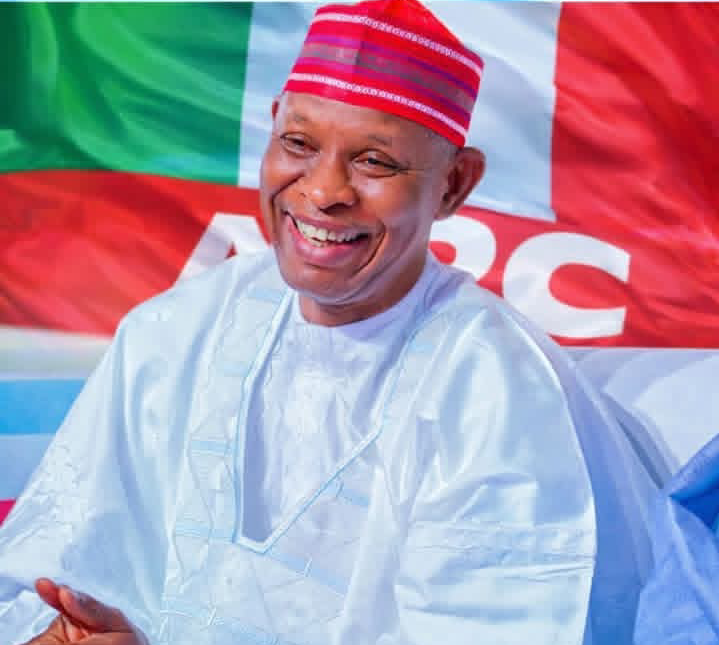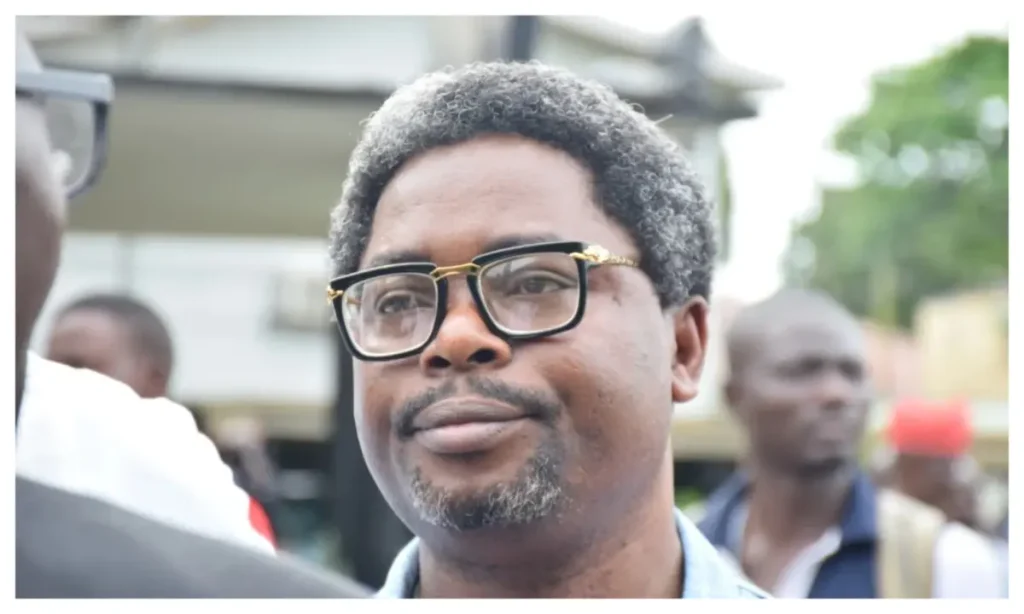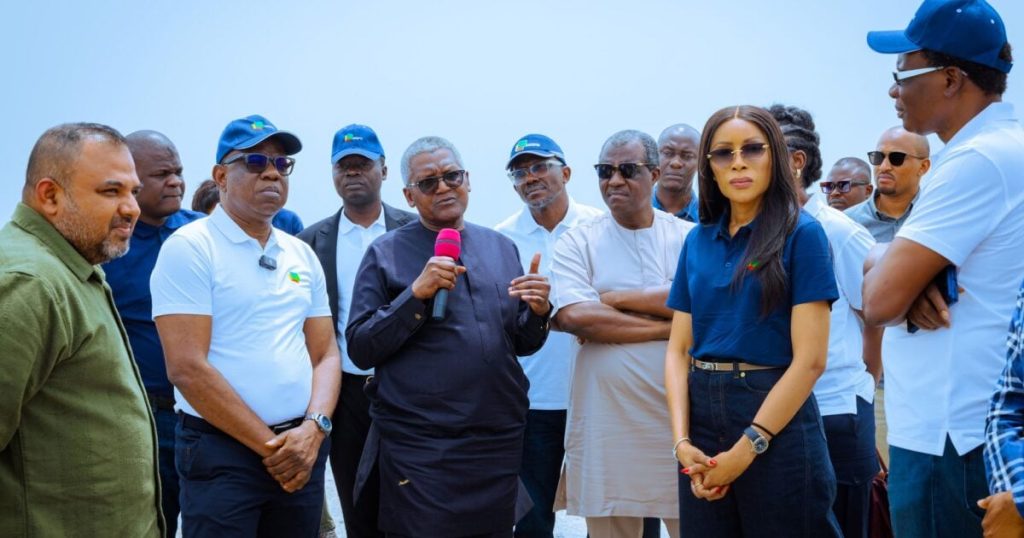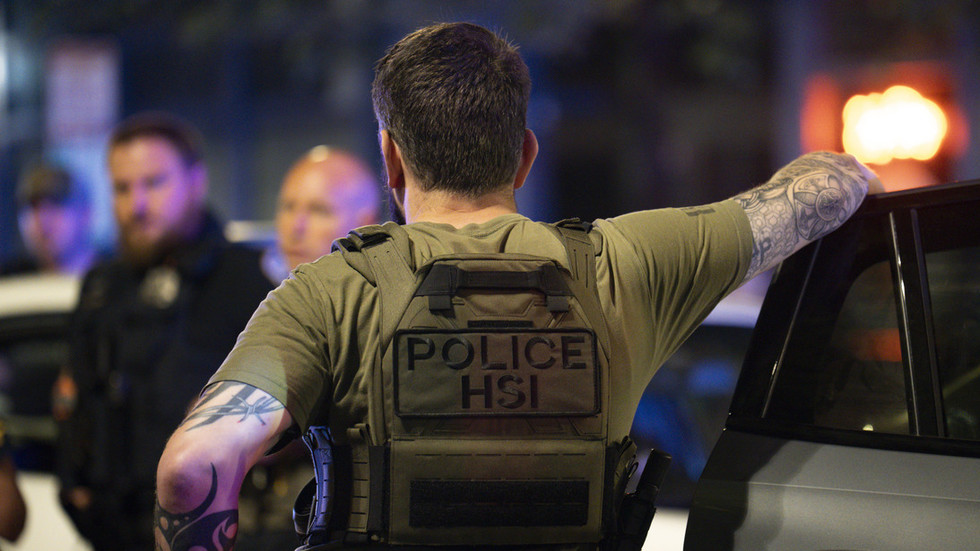In a historic election, Ambassador Omar Zniber of Morocco clinched the presidency of the UN Human Rights Council for 2024, triumphing over South African envoy, Mxolisi Nkosi. The vote, conducted by secret ballot on January 10, marked only the second instance in the council’s 18-year history when it resumed its work without a leader.
Zniber secured 30 out of the total votes cast, surpassing Nkosi by a significant margin, as all 47 members participated in the election. This unprecedented competition arose from the inability of the African regional group to reach a consensus on a candidate, compelling a decisive outcome through voting.
Expressing his gratitude, Ambassador Zniber conveyed, “It is an honor for both the Kingdom of Morocco and for me personally to have been elected as head of this august Council for its 18th cycle – a position belonging to Africa.” He recognized the paramount importance of the council’s work in universally safeguarding human rights and vowed to fulfill his duty diligently.
Zniber assumes the presidency with immediate effect, joining the roster of council vice-presidents elected earlier. His diplomatic career and tenure as Morocco’s ambassador to the UN in Geneva since 2018 underscore his depth of experience and stature. Conversely, Nkosi, also a seasoned diplomat with extensive foreign affairs expertise, has been serving in Geneva since December 2020.
The rarity of competitive elections for the council presidency has been highlighted by non-governmental organizations, emphasizing the virtues of transparency and fairness in the electoral process. Phil Lynch, who leads the International Service for Human Rights (ISHR), asserted that openly contested elections empower electors to make informed choices based on human rights considerations, countering closed-door decisions.
Citing an evaluation by ISHR, both South Africa and Morocco fell short of meeting all the standards set by the Human Rights Council, with South Africa edging ahead marginally in the assessment. Neither country had fully ratified fundamental international human rights treaties and their related optional protocols.
The Human Rights Council’s upcoming session from February 26 to April 5 anticipates vigorous debates and potential divisions, with the Ukrainian and Gazan crises poised to feature prominently on the agenda.



